Actuator Motors
-
In Stock
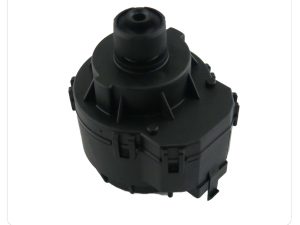
Alpha 3 Way Valve Actuator Motor 1.028572
£15.60 – £29.00 Select Options This product has multiple variants. The options may be chosen on the product page -
In Stock
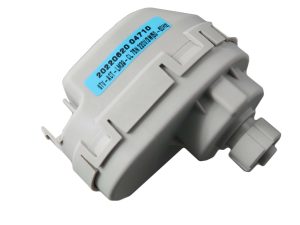
Alpha Boiler 3-Way Actuator Motor 1.028572
£20.30 Exc. VAT £16.92 Add to cart -
In Stock
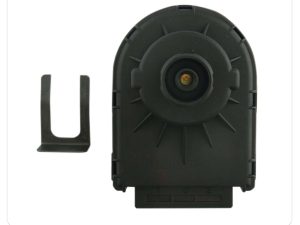
Alpha Diverter Valve Actuator Motor 1.018064
£9.00 – £58.32 Select Options This product has multiple variants. The options may be chosen on the product page -
In Stock
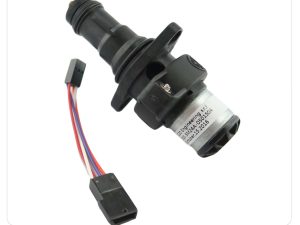
Ariston Chaffoteaux 3 Way Valve Motor 60081953
£47.01 – £90.88 Select Options This product has multiple variants. The options may be chosen on the product page -
In Stock
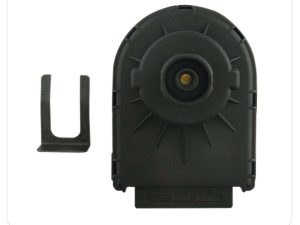
Ariston Diverter Valve Actuator Motor 997147 61302483-01 was 61302483
£9.00 – £58.32 Select Options This product has multiple variants. The options may be chosen on the product page -
In Stock
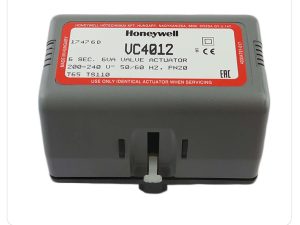
Baxi Diverter Valve Head Actuator 243341 241166
£22.00 – £86.40 Select Options This product has multiple variants. The options may be chosen on the product page -
In Stock
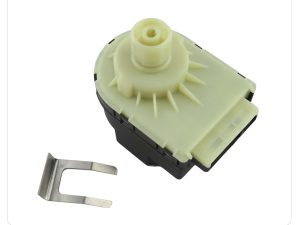
Baxi Diverter Valve Motor 248733
£15.75 Exc. VAT £13.13 Add to cart -
In Stock
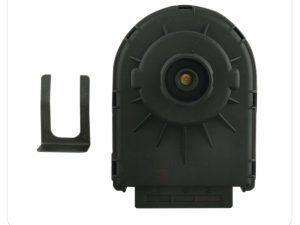
Baxi Main Potterton Diverter Valve Actuator Motor 248733 5132452 7216534 710188301 JJJ005694580
£10.20 – £58.32 Select Options This product has multiple variants. The options may be chosen on the product page -
In Stock
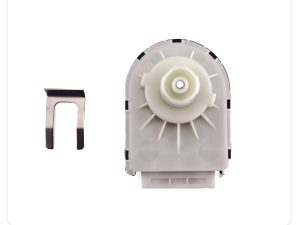
Baxi Main Potterton Diverter Valve Motor 7216534 was 248733 5132452 710188301
£10.20 – £21.85 Select Options This product has multiple variants. The options may be chosen on the product page -
In Stock
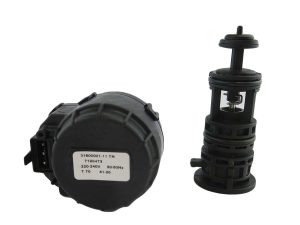
Baxi NetaTec, Ecoblue Actuator Motor and Cartridge 720064401 720448601
£48.00 Exc. VAT £40.00 Add to cart -
In Stock
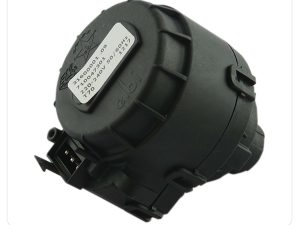
Baxi Potterton 3 Way Valve Actuator Motor 720064401
£13.20 – £19.38 Select Options This product has multiple variants. The options may be chosen on the product page -
In Stock
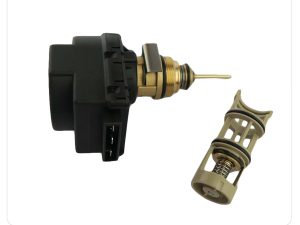
Baxi Potterton Actuator Motor with Cartridge 248733 7656807 720003100
£33.00 Exc. VAT £27.50 Add to cart
